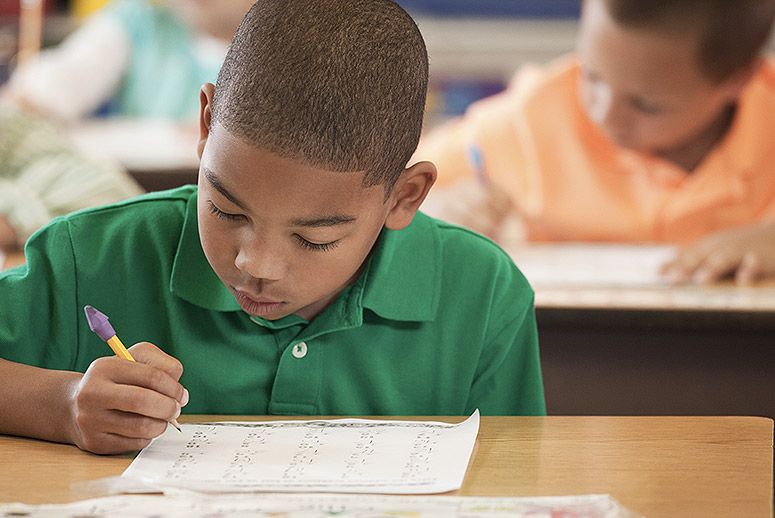
“My son came first in his class exams in the last term.” “My daughter got all A’s in her external examination.” These statements, and many more like these, are common amongst parents wanting to brag about their ‘smart’ children. A parent’s inability to brag about their children in this manner would mean that the said children are ‘dull’, or so it would seem. Standardized tests and its subsequent grading administered in schools provide, in effect, a measure of a child’s level of intelligence. But is this always accurate?

Standardized tests have, for a long time, provided a means for educators to assess learners’ capabilities, and the use of this method is widely used worldwide. However, this is often detrimental to the students. Some of the problems with this approach are explained below:
- It affects the morale of the students: For students who perform below standard, it can be especially morale-draining. Alfie Kohn, in his March 1999 article titled “Degrading to Dr-grading”, pointed out that students may lack reading or study interests as a result of grades. He further explained that students graded using numerical grades are less creative compared to those students receiving qualitative feedback without grades.
- Grades are poor communicators: Examination grades, more often than not, do not communicate the full story of the student’s performance. For instance, a student who is poor in science may study extra hard to pass an exam in a science-related subject. The student eventually passing the exam does not translate to him/her becoming good automatically in the subject. Also, different other uncontrollable factors may affect a student’s performance, factors that would not be considered in the grading of such tests.
- Pressure on students: Standardized tests also puts unnecessary pressure on talented students who now have to work extra hard to measure up to lofty standards. While this may seem to be a good thing, it should be noted that this can cause students to become disengaged from the learning process, making learning monotonous and boring for these ones. It can also lead to unhealthy competition between students.

Because students have to be assessed, alternatives to standardized testing can be considered. Anya Kamenetz, a lead educational blogger, and the famed author outlines some alternatives. These include stealth assessments, inspections, low-stakes testing, adaptive testing, multiple measures and so on. These, if employed, might help to give an accurate representation of a student’s performance while boosting it.












